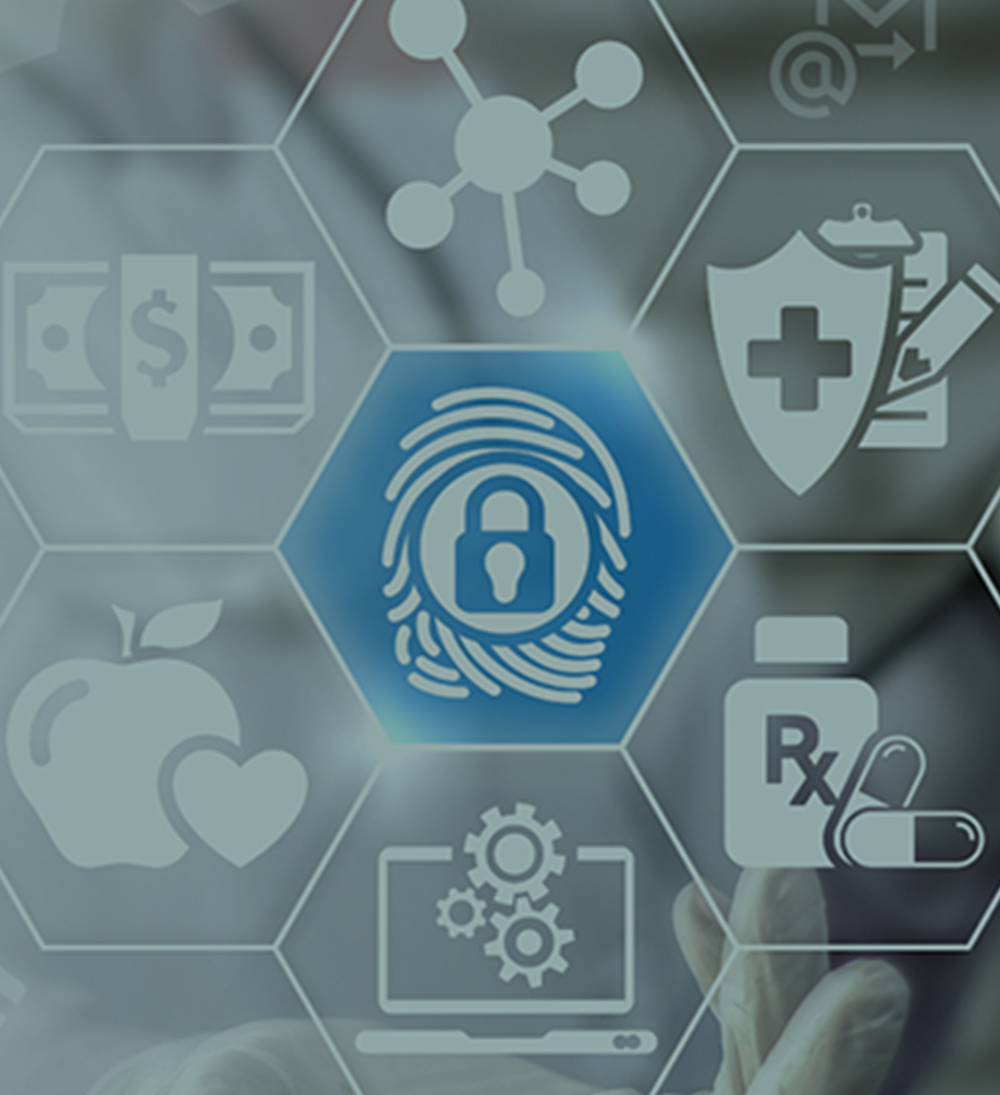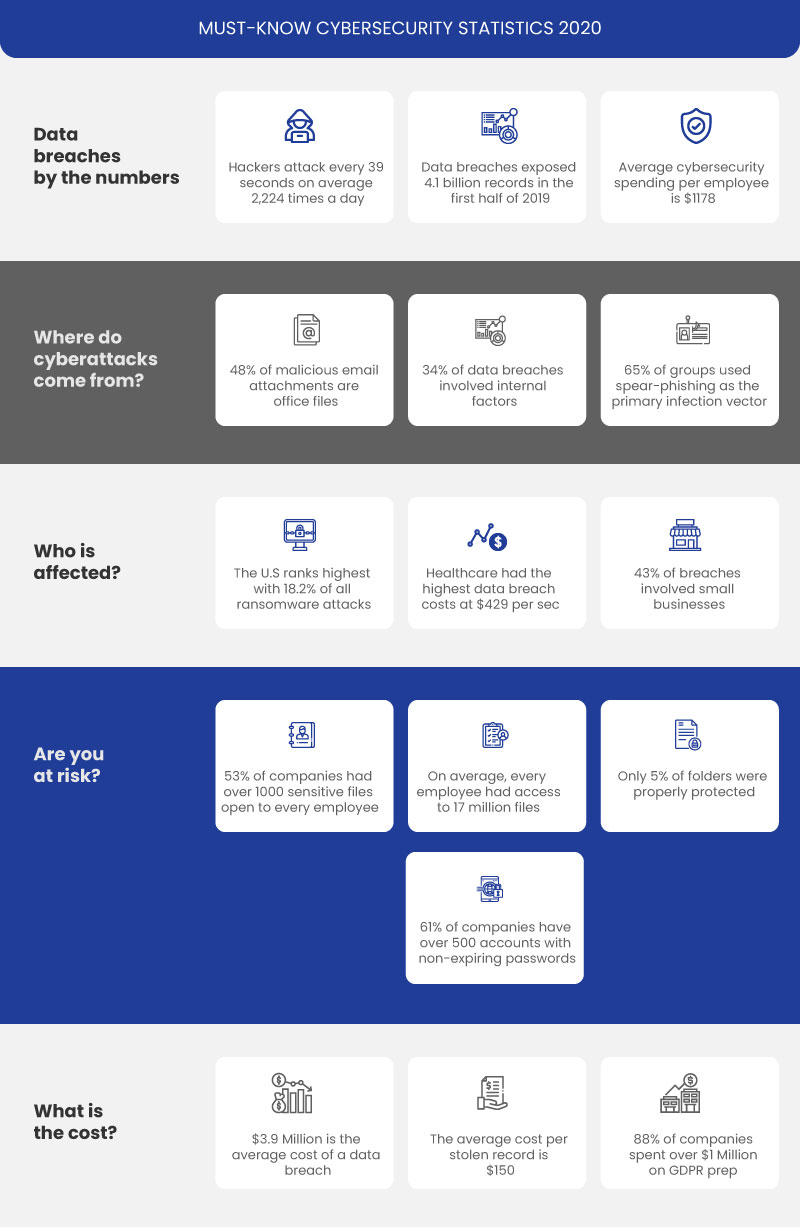Improve Healthcare Cybersecurity
5 Ways to Improve Healthcare Cybersecurity for Caregivers

Blog
5 Ways to Improve Healthcare Cybersecurity for Caregivers

Care pathway management involves various teams including the Physicians, surgeons, care navigators and others, and hence need a consistent workflow that can be accessed across the care teams.
H ealthcare consumers rely on their care providers to take care of their health needs. This also means that patients need to trust their providers with their sensitive health data. However, this trust may be compromised when there is a data breach that could collapse your healthcare organization’s security system.
Unfortunately, data breaches and healthcare cybersecurity attacks are happening every year, creating increased mistrust and panic among healthcare consumers. To mitigate the impact, organizations need to strengthen their data security strategies.
Data security begins by understanding your network and how it works. The primary objective is to learn your network’s point of access and how to protect it. Fortunately, a host of tools have been designed to help you understand your network and monitor how and when new devices are added to your network. Furthermore, third party data providers could also be a point of access that can disrupt your data privacy.
Once you get a 360-degree view of your data security, you need to assess the risks. Risk assessment is one of the primary and key methods to protect your system from data leaks. It is even more difficult to protect your system without knowing where the risks lie and where it needs to be strengthened. Annual risk assessments are also part of Medicare and Medicaid EHR incentive programs (also known as interoperability programs) that helps you with HIPAA compliance.
Evaluate how many of your stakeholders can view your patient data. Drill down further to analyze which of them really need the access and how critical it is. Many a times, health leaders and the C-suite executives of an organization are not well-informed of the employee access rights, which could be a major threat to your data security. It’s not about completely blocking access but limiting and enabling access only if it’s absolutely essential.

Data encryption is one of the key strategies followed by healthcare organizations to ensure healthcare cybersecurity. While data encryption is not mandatory for HIPAA compliance, it is a highly-recommended process by healthcare cybersecurity experts to ensure safe and secure data. If encryption is not part of your healthcare cybersecurity strategy, you can implement an alternative approach to achieve the goal. While this may be quite an extensive process initially, it is one of the best ways to ensure data protection.
Data encryption should ideally be a significant part of your larger healthcare cybersecurity strategy. And identification of sensitive data is a core component of your data security plan. There are two reasons to implement this.
For instance, a care coordinator need not have access to the most confidential organizational secrets—all they need access is for patient health information. By creating tiers of sensitive data, you can control data access, enable data encryption and provide superior cybersecurity protection.
Healthcare IT cybersecurity may sound like a profound process and it is—and so is protecting information in a data-sensitive industry like healthcare. Hence, it is critical that hospitals and practices leverage Artificial Intelligence and analytics combined with industry best practices to maximize data security and privacy—thereby elevating patient trust, satisfaction and brand loyalty.
To learn more about SolvEdge’s cybersecurity best practices, talk to our team.
From our humble beginnings as a healthcare start-up—to becoming a full-blown healthcare-exclusive digital transformation provider, our journey has been quite a remarkable one. Today, SolvEdge is a leading-edge Healthcare services and solutions provider—trusted by 450+ Hospitals, 3500+ Physicians and millions of patients across the globe.